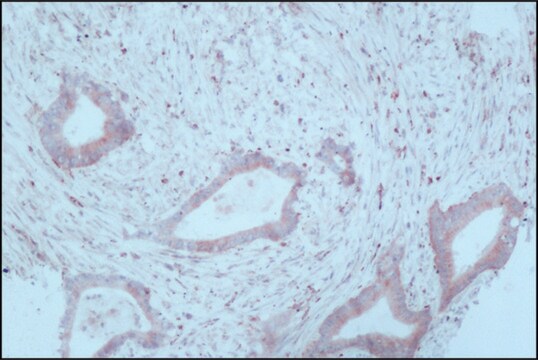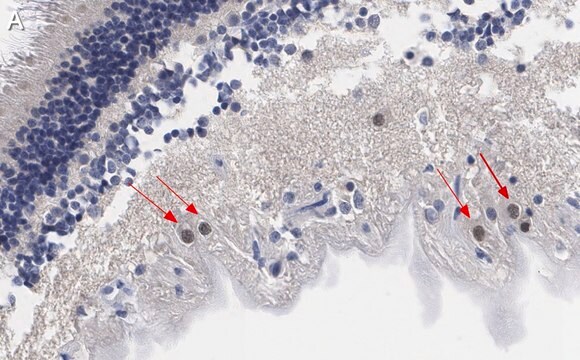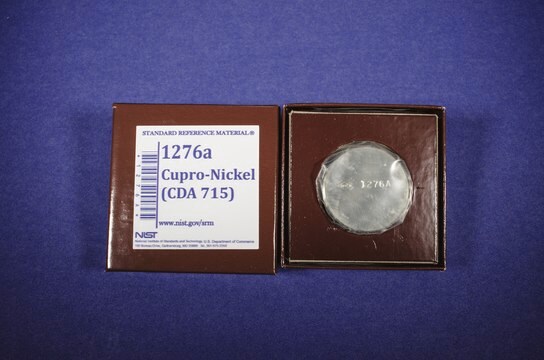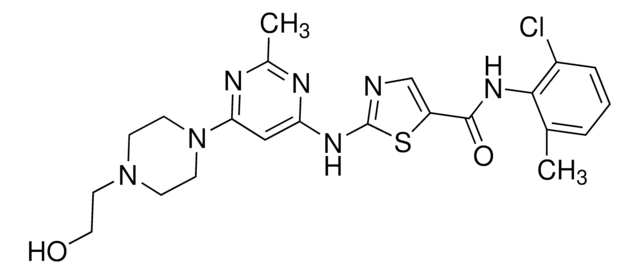Recommended Products
biological source
fish unknown/unspecified
growth mode
Adherent
karyotype
Diploid and modal no. 60
morphology
Fibroblast
products
Not specified
receptors
Not specified
technique(s)
cell culture | mammalian: suitable
shipped in
dry ice
storage temp.
−196°C
Cell Line Origin
Fish Coho salmon fibroblast
Cell Line Description
The fish cell line CSE-119 was initiated in 1963 from pooled embryos of Coho salmon (Oncorynchus kisutch). CSE-119, also known as Coho salmon embryo-119, are susceptible to infectious pancreatic necrosis virus (IPNV) but show a lack of sensitivity to infection with viral haemorrhagic septicaemia virus (VHSV) or infectious haematopoietic necrosis virus (IHNV). This might be correlated to the natural resistance to infectious haemotopoietic necrosis in this species. For replication of salmonid viruses CSE-119 cells should be incubated at 18°C.
Application
Isolation of viruses from clinical samples, virus propagation
Culture Medium
EMEM (EBSS) + 2mM Glutamine + 1% Non Essential Amino Acids (NEAA) + 10% Foetal Bovine Serum (FBS).
Subculture Routine
Split sub-confluent cultures (70-80%) 1:3 using 0.25% trypsin or trypsin/EDTA; 5% CO2; 15-21°C; split every 10-14 days; requires a new flask every passage. Fish cell lines detach easily during transit if the culture is too young. After resuscitation spli
Other Notes
Cultures from HPA Culture Collections and supplied by Sigma are for research purposes only. Enquiries regarding the commercial use of a cell line are referred to the depositor of the cell line. Some cell lines have additional special release conditions such as the requirement for a material transfer agreement to be completed by the potential recipient prior to the supply of the cell line. Please view the Terms & Conditions of Supply for more information.
Depositor and originator: Dr J L Fryer, Department of Microbiology, Oregon State University,Corvallis
Certificates of Analysis (COA)
Search for Certificates of Analysis (COA) by entering the products Lot/Batch Number. Lot and Batch Numbers can be found on a product’s label following the words ‘Lot’ or ‘Batch’.
Already Own This Product?
Find documentation for the products that you have recently purchased in the Document Library.
Our team of scientists has experience in all areas of research including Life Science, Material Science, Chemical Synthesis, Chromatography, Analytical and many others.
Contact Technical Service






